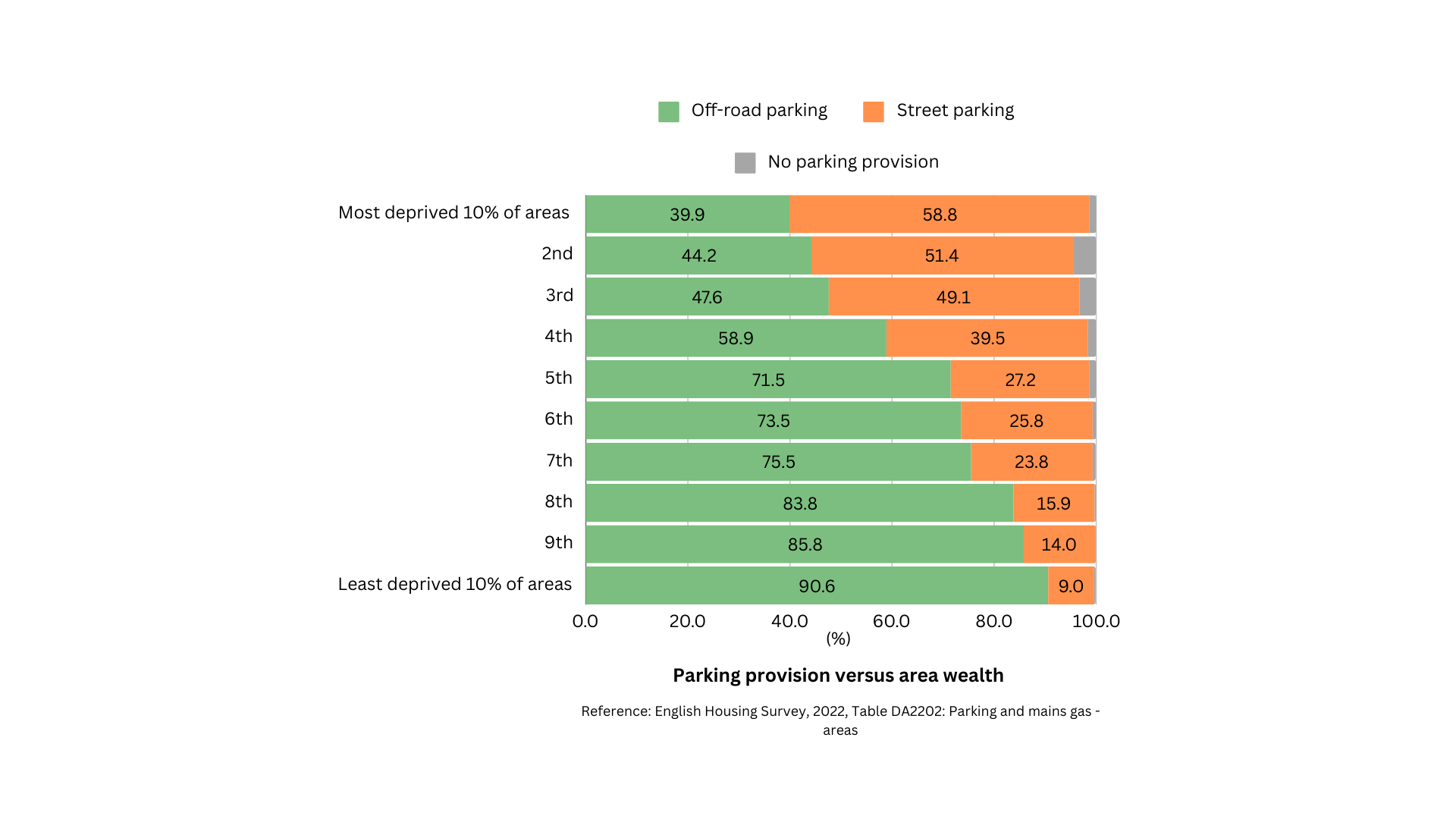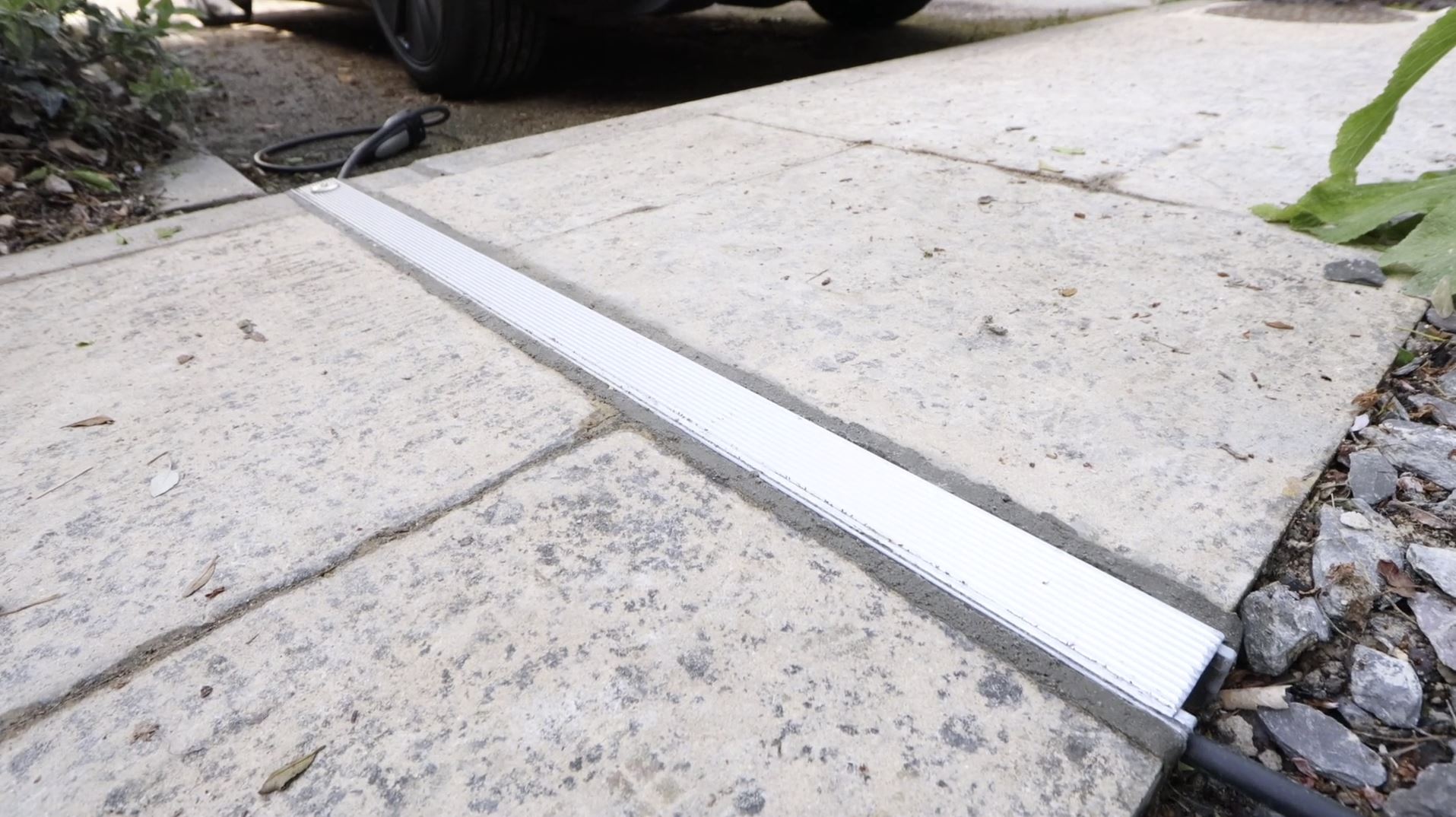Deprived Communities Risk Being Left Behind in Electric Vehicle Transition, Charge Gully Research Reveals
UNITED KINGDOM / AGILITYPR.NEWS / December 19, 2024 / Can you afford an electric car? The answer may depend entirely on one factor: does your property come with off-road parking, or does it not?
A new study by innovative company Charge Gully reveals that without urgent intervention, the transition to electric vehicles (EVs) could exacerbate socioeconomic inequalities, with poorer residents at risk of being left behind. The findings lay bare the disparity between households with and without access to off-road parking - with the latter unable to charge EVs at home.
Charge Gully’s analysis draws on data from the latest English Housing Survey, which found stark differences in access to off-road parking such as a driveway or a garage based on wealth. While 91% of households in the 10% most affluent areas of England have access to off-road parking, this figure plummets to less than half for the 10% most deprived areas.
The implications of this disparity are severe. Public EV chargers, often the only option for those without off-road parking, are much more expensive than home chargers. Research from the Zapmap Index survey indicates that an EV owner reliant on public charging pays nearly £1200 more annually than someone with a home charger - making public charging costlier than even traditional petrol or diesel fuel.
Ian Mach, Director of Charge Gully, said, “The strategy to date to support the third or so of UK households without driveways and garages has been to install public chargers in streets around their homes. However, public chargers are so expensive that it only makes financial sense to own an electric vehicle if one can charge from home.
“There needs to be a radical change of thinking at a strategic level to encourage solutions that allows these households to charge on affordable overnight domestic tariffs or we risk leaving these people behind.”
The findings are clear: if the EV transition is not approached inclusively, it risks entrenching existing socioeconomic barriers. For residents in deprived areas, limited access to affordable charging options could render EVs unaffordable, leaving them reliant on older, less sustainable vehicles.
Inclusive charging options for all households, regardless of income or parking circumstances, are the only way forward. Charge Gully aims to address this issue by bringing cheap and convenient home EV charging for residents without driveways or garages, with their innovative solution that bridges the gap so that no one is left behind.
For more information, visit: www.chargegully.com.


Contacts